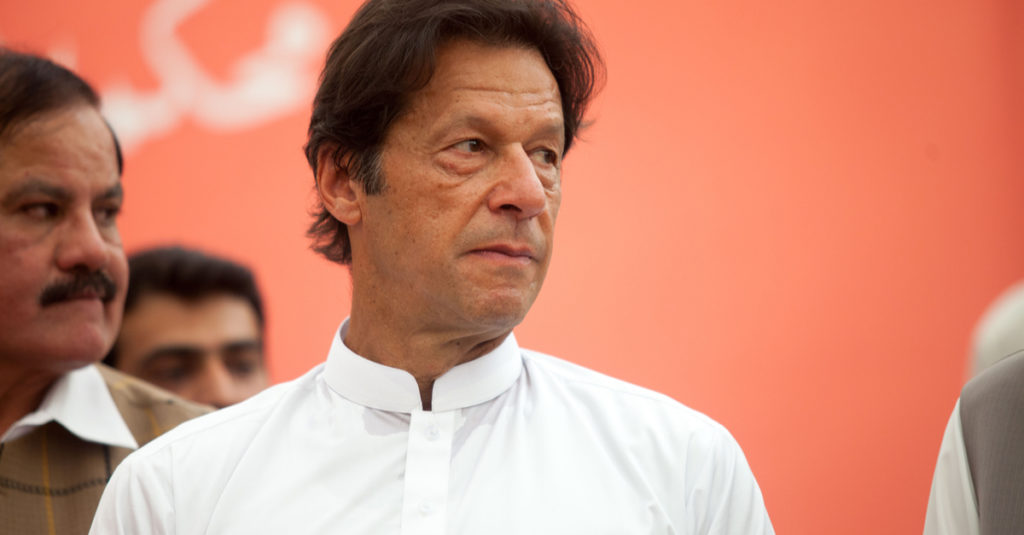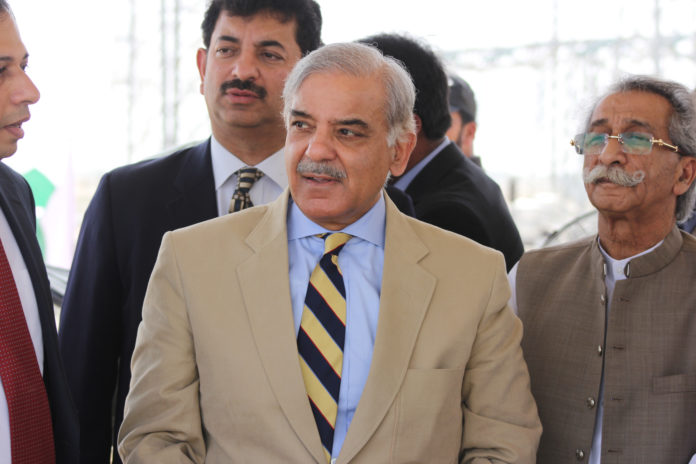Shehbaz Sharif has been appointed and sworn in as the new Prime Minister of Pakistan by the National Assembly, three weeks after his party lost the general elections.
Sharif, the younger brother of three-time Prime Minister Nawaz Sharif, and president of his Pakistan Muslim League-Nawaz (PML-N, secured the post for a second term on Sunday, securing 201 votes in a 336-member National Assembly.
This comes after the February 8 elections in which Imran Khan supporters won 97 seats in Parliament (compared to 76 seats for the PML-N), amid allegations of vote-rigging and despite the fact that Khan is in jail and his party is suffering severe repression.
Nevertheless, in the National Assembly vote Sharif, with the collaboration of other parties, defeated his rival Omer Ayub Khan of Pakistan Tehreek-e-Insaf (PTI) party of Imran Khan, who secured 92 votes.
“We will change the fate of Pakistan,” Sharif said in his victory speech amid raucous protest and slogans by the PTI-linked legislators who shouted “Thieves!” – a reference to corruption allegations against the Sharif brothers.
Nawaz Sharif was convicted of corruption in 2018 when he went to the United Kingdom on a self-imposed exile. He returned in October last year for the polls.
In his speech, Shehbaz thanked his elder brother and the allies for helping him become the Prime Minister. “Nawaz Sharif, Asif Ali Zardari and Bilawal Bhutto Zardari never even thought of harming Pakistan,” he said, the last two being his PPP allies.
Subscribe to our newsletter and stay updated on the latest news and updates from around the Muslim world!
The newly-elected PM said he aimed to bring political stability in the country. “We will work closely with all four provinces and I promise I will keep them along,” he said.
In his address, the leader of opposition, Omar Ayub Khan, defended his jailed leader, Imran Khan, and accused Shehbaz of not following the law himself.
“They put our leaders in jail, took our election symbol, rigged the elections, but we kept standing, and we will stand our ground,” Khan told parliament. “The nation has rejected all the charges [in the election],” he said.

Sharif previously served as premier for 16 months, from April 2022 to August 2023.
However, his 16-month stint as premier did not impress many. A faltering economy and a surging cost of living crisis, exacerbated during his tenure, brought the country to the verge of default before it secured a last-minute bailout from the International Monetary Fund (IMF) in July last year.
His government, though, blamed the previous administration of Khan for the dire economic situation.
A World Bank report last week revealed that over 12 million Pakistanis have fallen below the poverty line over just the past year. Currently, almost 40% of the country’s population of some 240 million is living below the threshold.
Sharif has called for improving ties with the U.S., calling them critical for Pakistan, a noticeable departure from Khan’s frosty relations with Washington, which he accuses of orchestrating his ouster.
According to analysts, Shehbaz also wants to tilt towards Pakistan’s longtime allies China and Türkiye.
The $64 billion China-Pakistan Economic Corridor project, a part of China’s Belt and Road Initiative, was signed during senior Sharif’s tenure in 2015.
Analysts observe that a confluence of challenges – faltering economy, rising political instability, and the looming threat of a resurgence of terrorism – will test Sharif for the next five years.
Shahid Hasan Siddiqui, a Karachi-based economist, said that fixing the country’s economy, which is currently in horrible shape, will be the biggest challenge for Sharif.
“It’s a bumpy ride ahead for the new premier. We should not expect a miracle as far as the economy is concerned, at least for the initial few years,” Siddiqui told Anadolu Agency.
As already hinted by Shehbaz himself, the new government has to negotiate with the IMF for another program to keep the economy afloat, according to Siddiqui.
On the domestic political front, many do not see a thaw in escalating tensions on the horizon, with the February 8 polls marred by rigging allegations from PTI and other parties, charges that the caretaker government and electoral authorities denied.
“Without political stability, it will not be possible for the new government to focus on fixing the economy,” Maleeha Lodhi, a former Pakistani ambassador to the U.S., told Anadolu
To address this particular problem, she suggested that the new government should launch a “process of reconciliation.”
And Mahmood Shah, a retired army officer and security analyst based in Peshawar, said that security will remain a major test for the new government, following a surge in terrorism in recent years.
“The new government has to toe a multi-pronged security policy to curb fresh flare-up of terrorism, which is directly affecting the economy and politics,” Shah told Anadolu.
SOURCE: AA and 5Pillars



















